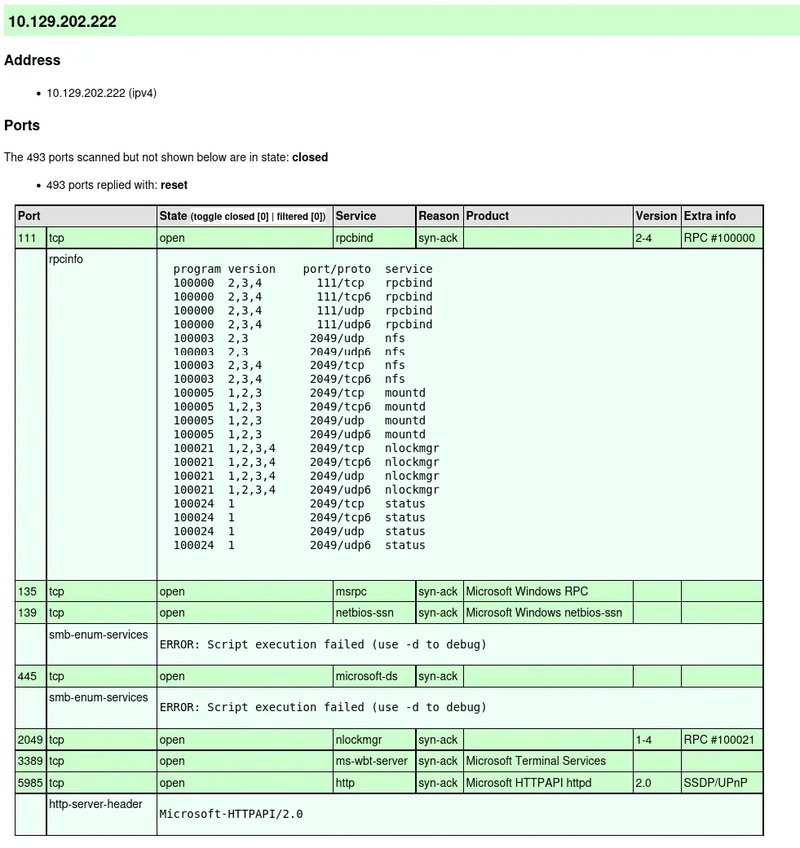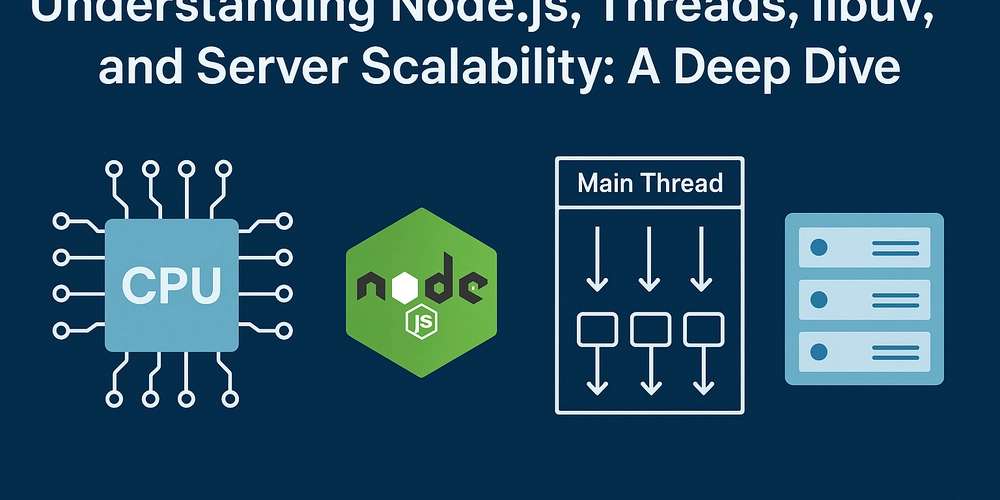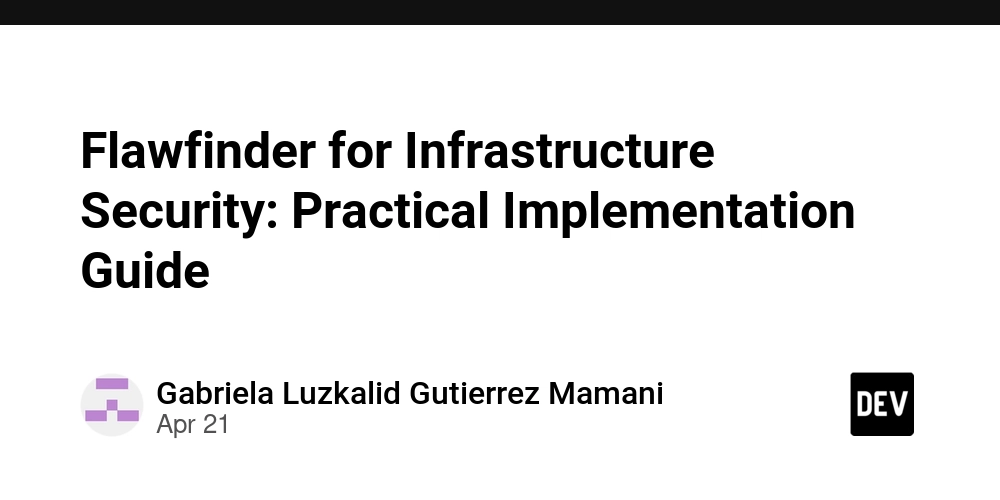Why Your Results‑Driven Goal System Is Sabotaging Your Progress (And How to Finally Finish What You Start)
I used to pride myself on setting “results‑oriented” goals: hit a revenue target, grow my LinkedIn to 2000 followers, master a new skill in 30 days. But every Saturday morning, I would stare at my to‑do list—draft outlines, plan campaigns, code features—and feel my motivation drain away. My brain whispered, “Why not just chill a bit?” And before I knew it, I was scrolling social media instead of moving forward. I wondered, _Is this as good as it gets? Am I doomed to feel stuck?_ I thought it was just me. After diving into habit and productivity science (and books), I realized our brains are wired to protect us, to resist anything that feels uncomfortable or new. Over the past few months, I have experimented with a handful of simple, research‑backed strategies. They aren’t about sheer willpower or marathon work sessions, but tiny actions that trigger momentum. Here’s exactly how I turned my weekends from “list paralysis” into “finished first drafts”: 1. Light the Fuse with a Mini Commitment Do just a sliver of tomorrow’s work today. For example, if I know I must complete some presentation slides the next day, I will open a blank slide deck and jot down three slide titles the night before. That five‑minute “pre‑action” carves a channel in my brain: I’m not facing an empty deck when I sit down—I’m resuming progress. Getting started is half the battle. By lowering the activation energy, you bypass the part of your brain that screams “too hard” and give yourself a running start. 2. Bust Inertia with the 10‑Second Kick‑Start Pick a task you can complete in ten seconds—so small it’s impossible to talk yourself out of it. On Sunday mornings, before my coffee even cools, I open a fresh doc and type a word: “Go.” That tiny hit of progress floods my system with dopamine, and I’ll often keep writing long after the buzzer stops. Look, your brain hates uncertainty. A guaranteed win—even as trivial as opening a file—short‑circuits the resistance and primes you for the next step. 3. Harness Focus with 15‑Minute Sprints Break your work into short, intense bursts. When I’m buried under emails or research, I set a fifteen-minute timer and attack one thread or section—no distractions allowed. When the timer pings, I take a mini‑break: stretch, refill my water glass, or glance out the window. Then I dive into the next sprint. Parkinson’s Law tells us that work expands to fill the time available. A tight deadline creates urgency, and those little victories add up faster than marathon sessions ever could. You don’t have to set 15 minutes like me (it might be too short for you), but you would be amazed by how much you could do with laser focus in such a short time. 4. Anchor Your Expectations for Effortless Progress Use the first number you think of (your “anchor”) to make more realistic goals seem easy to achieve. Instead of telling myself, “Write 200 words,” I start by mentally anchoring “1,000 words.” Then, I scale back to 200. Compared to 1,000, 200 feels like a breeze—yet I often overshoot anyway. Our brains latch onto the anchor and judge everything relative to it. A daunting anchor makes the target seem trivial, so you breeze past it. 5. Turn Reflection into Forward Motion with a Weekly Review Build a simple feedback loop—review what worked, what didn’t, and plan micro‑steps to improve. Each Sunday evening: List what I set out to do. Check off what I did. Analyze the roadblocks behind each miss. Plan one tiny next action for each obstacle. For example, if I skipped “outline blog post,” I note “got stuck finding data,” then schedule a five-minute Google search first thing Monday morning. Reflection without action is just rumination. By pairing insights with micro‑commitments, you close the loop on procrastination and kickstart progress for the week ahead. Procrastination isn’t a personal failure—it’s a habit shaped by how our brains protect us. But with the right micro‑actions, you can hack that system and turn every challenge into a series of small, easy wins. Try these five strategies this weekend: light the fuse, kick‑start the engine, sprint in short bursts, anchor your goals, and review smartly. Before you know it, you’ll look back at a completed list and wonder why you thought starting was the hardest part. Let me know how you feel after implementing! Subscribe to my substack newsletter (in the profile) for the weekly insights I share about what I learned, including emerging technologies, productivity, and anything that triggered my curiosity. Cheers.

I used to pride myself on setting “results‑oriented” goals: hit a revenue target, grow my LinkedIn to 2000 followers, master a new skill in 30 days.
But every Saturday morning, I would stare at my to‑do list—draft outlines, plan campaigns, code features—and feel my motivation drain away. My brain whispered, “Why not just chill a bit?” And before I knew it, I was scrolling social media instead of moving forward. I wondered,
_Is this as good as it gets?
Am I doomed to feel stuck?_
I thought it was just me.
After diving into habit and productivity science (and books), I realized our brains are wired to protect us, to resist anything that feels uncomfortable or new.
Over the past few months, I have experimented with a handful of simple, research‑backed strategies. They aren’t about sheer willpower or marathon work sessions, but tiny actions that trigger momentum.
Here’s exactly how I turned my weekends from “list paralysis” into “finished first drafts”:
1. Light the Fuse with a Mini Commitment
Do just a sliver of tomorrow’s work today.
For example, if I know I must complete some presentation slides the next day, I will open a blank slide deck and jot down three slide titles the night before. That five‑minute “pre‑action” carves a channel in my brain: I’m not facing an empty deck when I sit down—I’m resuming progress.
Getting started is half the battle. By lowering the activation energy, you bypass the part of your brain that screams “too hard” and give yourself a running start.
2. Bust Inertia with the 10‑Second Kick‑Start
Pick a task you can complete in ten seconds—so small it’s impossible to talk yourself out of it.
On Sunday mornings, before my coffee even cools, I open a fresh doc and type a word: “Go.” That tiny hit of progress floods my system with dopamine, and I’ll often keep writing long after the buzzer stops.
Look, your brain hates uncertainty.
A guaranteed win—even as trivial as opening a file—short‑circuits the resistance and primes you for the next step.
3. Harness Focus with 15‑Minute Sprints
Break your work into short, intense bursts.
When I’m buried under emails or research, I set a fifteen-minute timer and attack one thread or section—no distractions allowed. When the timer pings, I take a mini‑break: stretch, refill my water glass, or glance out the window. Then I dive into the next sprint.
Parkinson’s Law tells us that work expands to fill the time available. A tight deadline creates urgency, and those little victories add up faster than marathon sessions ever could.
You don’t have to set 15 minutes like me (it might be too short for you), but you would be amazed by how much you could do with laser focus in such a short time.
4. Anchor Your Expectations for Effortless Progress
Use the first number you think of (your “anchor”) to make more realistic goals seem easy to achieve.
Instead of telling myself, “Write 200 words,” I start by mentally anchoring “1,000 words.” Then, I scale back to 200. Compared to 1,000, 200 feels like a breeze—yet I often overshoot anyway.
Our brains latch onto the anchor and judge everything relative to it. A daunting anchor makes the target seem trivial, so you breeze past it.
5. Turn Reflection into Forward Motion with a Weekly Review
Build a simple feedback loop—review what worked, what didn’t, and plan micro‑steps to improve.
Each Sunday evening:
List what I set out to do.
Check off what I did.
Analyze the roadblocks behind each miss.
Plan one tiny next action for each obstacle.
For example, if I skipped “outline blog post,” I note “got stuck finding data,” then schedule a five-minute Google search first thing Monday morning.
Reflection without action is just rumination. By pairing insights with micro‑commitments, you close the loop on procrastination and kickstart progress for the week ahead.
Procrastination isn’t a personal failure—it’s a habit shaped by how our brains protect us. But with the right micro‑actions, you can hack that system and turn every challenge into a series of small, easy wins. Try these five strategies this weekend: light the fuse, kick‑start the engine, sprint in short bursts, anchor your goals, and review smartly.
Before you know it, you’ll look back at a completed list and wonder why you thought starting was the hardest part. Let me know how you feel after implementing!
Subscribe to my substack newsletter (in the profile) for the weekly insights I share about what I learned, including emerging technologies, productivity, and anything that triggered my curiosity.
Cheers.









































































